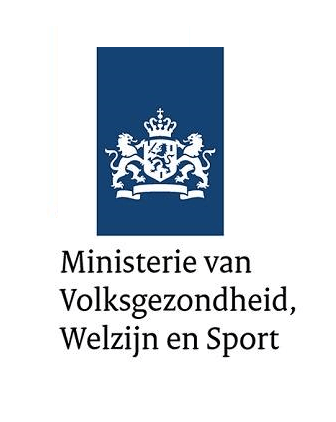Autism is a collective term for behavioral characteristics in the areas of social interaction, communication, flexibility in thinking and acting, and filtering and integrating information. Thus, autism can present itself in many different ways.
The study
As a result, there are also many different types of support and care offered for people with autism. Within this research project, we look at the use of different types of support. Who uses what? And why? And does it help?
Alternative treatments
Part of this project also focused specifically on alternative treatments. This topic was brought to our attention by Elijah Delsink. After much hard work by Elijah, the Ministry of Health decided to commission the NAR to do further research on alternative treatments for autism. These are treatments that are not included in the guidelines for autism care.
Participation
The data for these surveys has already been collected through the (annual) NAR questionnaires through 2023.
The results
The first study showed that the use of interventions was mainly related to lower IQ, attending special education and additional diagnoses. The results suggested that more trans-diagnostic interventions (interventions that focus on more than one problem or diagnosis) should be available.
The second and third studies dealt with alternative treatments. Here we chose to do both quantitative and qualitative research. The quantitative study showed that many different alternative treatments are used and that too little information about these is given in autism care guidelines. Parents, practitioners and individuals with autism need to be better informed, advised and warned about the existing alternative treatments.
The qualitative research focused mainly on treatments such as CEASE therapy (mentioned by Elijah) in which cures for autism are promised. This research showed that there are both positive (holistic approach, lots of time and attention) and negative aspects (false claims about vaccinations and curability of autism) of alternative treatments. This research also re-emphasizes the need for better support for people with autism and more information in guidelines to reduce the use of ineffective and harmful alternative treatments.
The fourth study looks at supports for autistic adults: what types of supports do adults use and what do they find most helpful? We hope to gain more insight with this study, not only into the use of supports but more importantly into the helpfulness of different types of supports. The data for this survey was collected in the 2023 annual NAR questionnaire.
The fifth study looked at experiences with Applied Behaviour Analysis (ABA). The study aimed to gain insight into both positive and negative experiences of people with autism, parents and healthcare professionals who have encountered ABA therapy. In addition, we wanted to better map which forms of ABA are offered in the Netherlands. The results of this research can be found in the ABA report.





